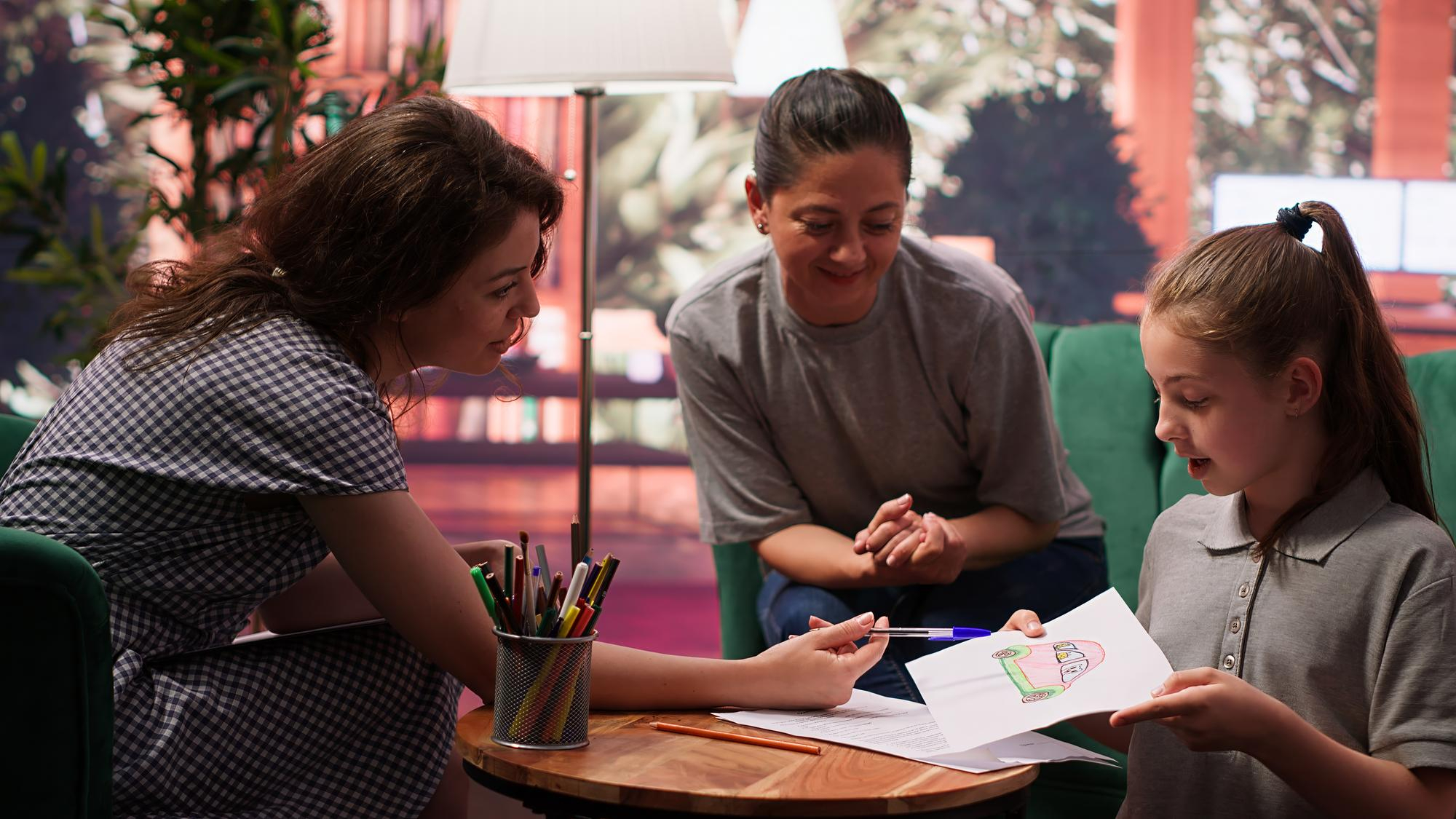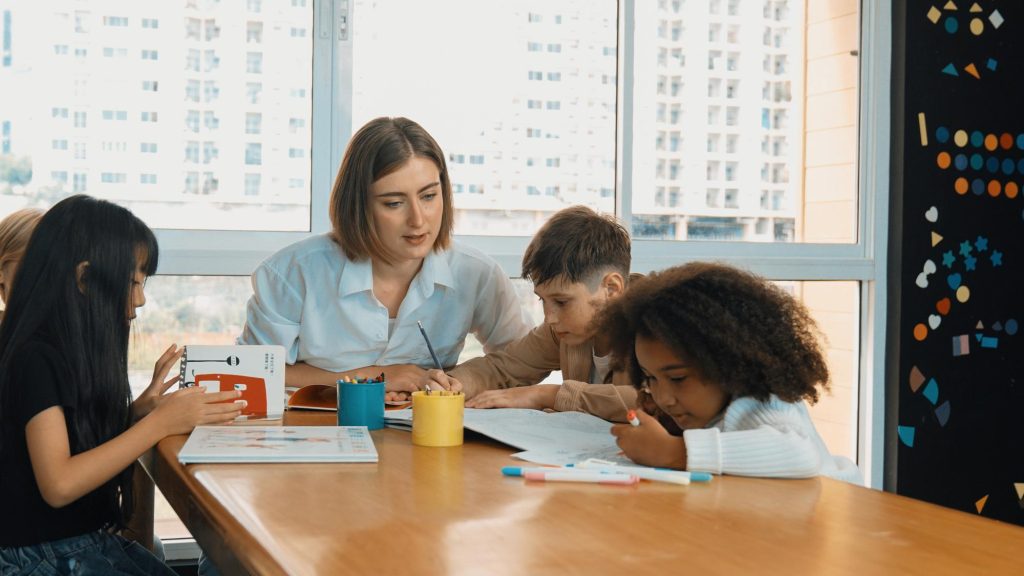Why Possible Selves Theory Could Transform Career Counselling in Schools
Career counselling is evolving rapidly, and traditional methods of guidance may not fully address the aspirations and anxieties of students. For teens in Grades 8 to 10, understanding themselves and their potential can be life changing. The Possible Selves theory, a psychological framework, offers a unique approach to career counselling by helping students visualize who they might become in the future. Implementing this theory in schools can empower students to make informed choices, stay motivated, and explore careers with clarity and confidence.
Understanding the Possible Selves Theory
The Possible Selves theory, developed by Markus and Nurius, refers to the different versions of ourselves that we envision in the future. These include:
- Desired Selves: The positive identities students aspire to achieve, such as being a successful engineer or an empathetic teacher.
- Feared Selves: The negative identities students wish to avoid, such as failing academically or being socially excluded.
- Expected Selves: The realistic projections based on current skills, resources, and circumstances.
By reflecting on these possible selves, students can gain self awareness, identify gaps between current abilities and future goals, and develop actionable strategies to reach their aspirations.
Why It Matters in Career Counselling
Traditional career guidance often focuses on aptitude tests, interest inventories, and parental advice. While useful, these approaches may overlook the psychological dimension of motivation and identity. The Possible Selves theory addresses this gap by helping students:
- Visualize a variety of career paths and life outcomes
- Understand personal strengths and weaknesses
- Set realistic and inspiring goals
- Manage fears and anxieties about future challenges
- Stay motivated and resilient in pursuing career goals
Implementing Possible Selves in Schools
Career counselors and teachers can integrate this theory into school programs through structured exercises and activities. Some practical steps include:
1. Self Reflection Exercises
Encourage students to write down their desired, feared, and expected selves. This can be done through journaling, guided prompts, or classroom discussions. Questions may include:
- Who do I want to become in the next five years?
- What challenges or obstacles do I fear encountering?
- What skills or habits do I need to develop to achieve my goals?
2. Vision Boards and Mind Mapping
Visualizing possible selves can make goals tangible. Students can create vision boards with images, quotes, and symbols representing their aspirations. Mind mapping helps organize thoughts and links desired outcomes to actionable steps.
3. Scenario Planning
Guided exercises where students imagine different life scenarios allow them to explore various career pathways. They can evaluate choices, anticipate challenges, and make informed decisions without the pressure of real life consequences.
4. Mentorship and Role Models
Connecting students with mentors or professionals in their field of interest can help them see realistic pathways to achieving their desired selves. According to Psychology Today on mentorship, role models can significantly boost motivation and self efficacy.
The Role of Teachers and Counselors
Teachers and career counselors are critical in guiding students through the Possible Selves framework. Effective strategies include:
- Collaborative Sessions: Encourage teacher and counselor collaboration to provide consistent support, as discussed in this article.
- Regular Reflection: Schedule periodic check ins to review progress toward desired selves.
- Skill Development: Offer workshops to build competencies aligned with students’ future aspirations.
- Positive Reinforcement: Celebrate achievements and efforts to motivate continued growth.

Benefits of Applying Possible Selves Theory
Integrating Possible Selves into career counselling provides several long term benefits:
- Increased clarity about career goals and personal aspirations
- Enhanced motivation and proactive behavior toward achieving goals
- Reduced anxiety and fear related to uncertain futures
- Improved self confidence and decision making skills
- Encouragement to explore unconventional or emerging career paths, like those highlighted in Forbes career exploration insights
Case Studies and Real Life Examples
Schools implementing Possible Selves based counseling have reported:
- Students showing greater engagement in career planning activities
- Higher participation in mentorship programs
- Improved alignment between chosen academic streams and personal interests
- Students demonstrating proactive goal setting and skill development
One example includes a high school in India where counselors guided students through visualization exercises. Students were able to identify potential careers aligned with both interests and realistic expectations, reducing stress about uncertain futures.
Digital Tools and Resources
Technology can enhance the Possible Selves approach. AI powered career guidance platforms, like EDVDO, allow students to explore career options and receive personalized suggestions. Additionally, apps for journaling, goal tracking, and mentorship matching help students stay connected with their possible selves journey.
Challenges and Considerations
While the theory is powerful, successful implementation requires attention to:
- Ensuring exercises are age appropriate and engaging
- Balancing desired and feared selves to avoid anxiety
- Providing continuous guidance and follow up
- Encouraging reflection without creating unrealistic expectations
Conclusion
The Possible Selves theory offers a transformative approach to career counselling in schools. By helping students visualize who they could become, identify fears, and explore realistic pathways, parents, teachers, and counselors can empower teens to make informed and motivated career choices. Early exposure to this framework fosters self awareness, resilience, and proactive decision making, preparing students for a successful future.




